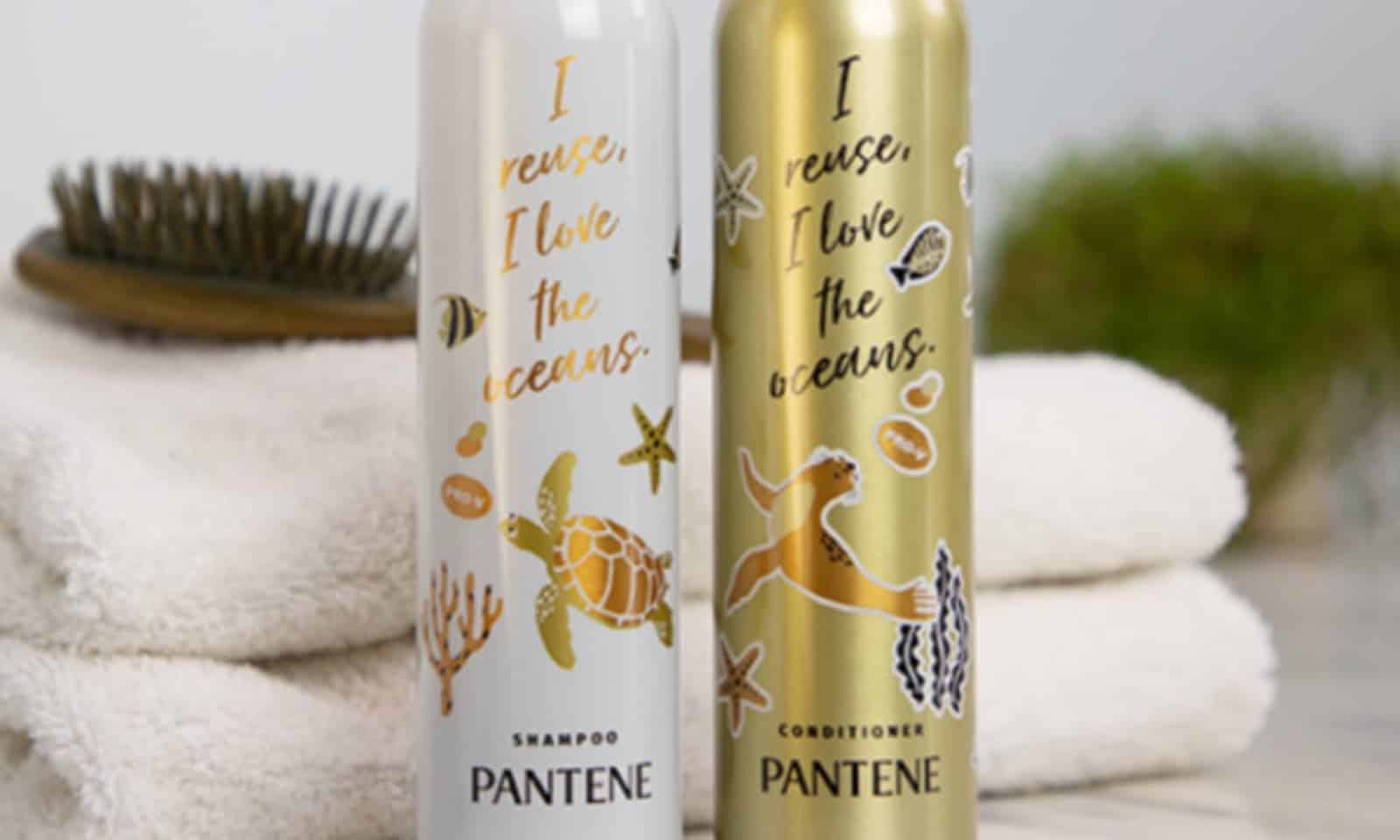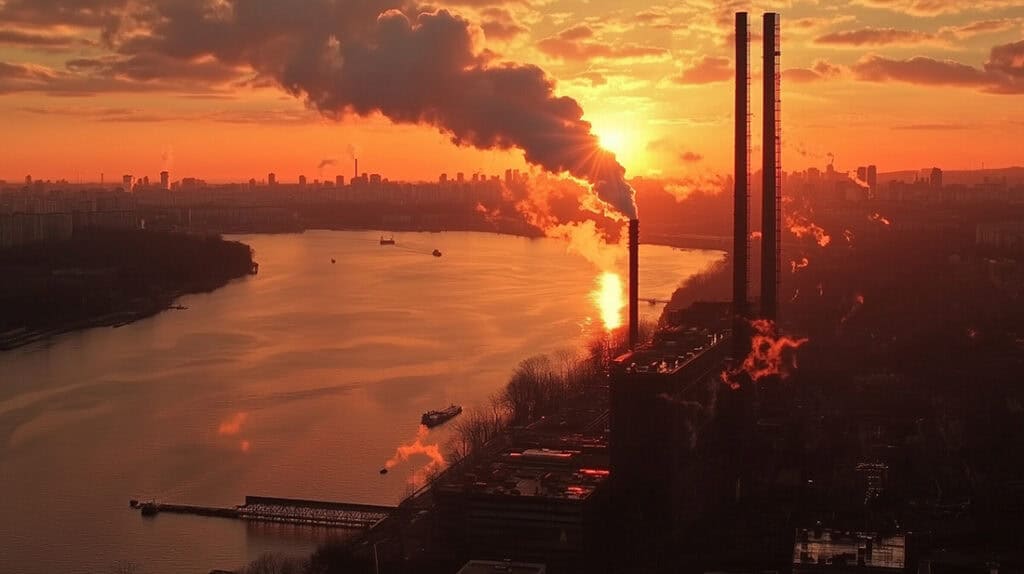P&G To Reduce Virgin Plastic In The Packaging Design Phase
RecyClass is a multi-industry initiative that works to advance plastic packaging recyclability and to create a standardized process for recycled content calculation and tracking in Europe. It is a certification approach for recycling requirements that will assist in the achievement of the goal of making plastic packaging circular with traceability throughout the entire value chain.
RecyClass Initiative
Fast-moving consumer goods (FMCG) corporations are a major force that is fuelling the plastic pollution crisis. With a lack of transparency in the sector and few FMCG companies are willing to disclose important data about their plastic use, P&G has achieved a new milestone by being the first FMCG company to join the RecyClass initiative. P&G received 12 approvals for its product and technology in different business units (hair care, home care, and fabric care). The strategic plan of the company is to reduce plastic usage by moving to recyclable and reusable packages that would enable consumers to maximize the product life cycle.
Benefits Of Recycling Plastics For Businesses
Using plastic for your business is not an issue but single-use plastic products are. You can still use plastic products as long as you are reusing and recycling them effectively. It would help the planet first and your business at the same time.
One of the main benefits of long-lasting products is that you don’t have to manufacture them each time. This means saving money for your business and freeing up funds for other sustainable reforms. You can generate £100.000 in savings per employee with a well executed recycling program while saving the planet.
Impact On The Planet
The use of plastics has so many drawbacks one of them is being generally non-biodegradable, so they can take centuries to degrade. This is due to the intermolecular bonds that comprise plastics, whose structure ensures that the plastics do not corrode or decompose. Disposed plastics are washed into water reservoirs. They clog waterways and float in reservoirs by polluting them and making them unsightly. Even if plastic can be recycled, most remain uncollected in dump sites and pollute the environment. Businesses ought to pay more effort than ever in collecting all the plastics used and recycling them because its short life cycle results in pileups of unwanted garbage in waste yards. Not to mention the harmful danger of these disposals finding their way into water bodies, where they dissolve over time. Littered plastics are also harmful to animals because they eat them and die as a result.








